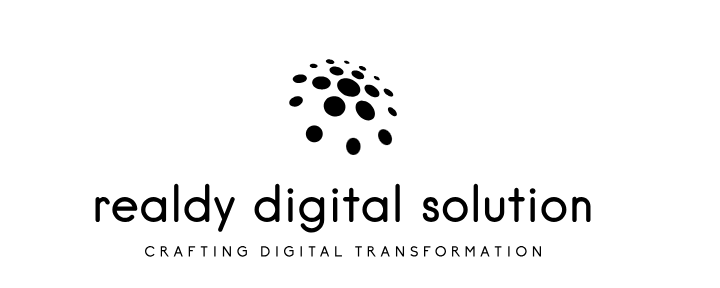Introduction:
Hey there! If you’ve been hearing a lot about blockchain lately, you’re not alone. While it’s often associated with cryptocurrencies, this technology has some serious potential for government applications. Let’s dive into how blockchain can enhance transparency, security, and efficiency in public services!
Section 1: What is Blockchain, Anyway?
Before we get too deep, let’s break down what blockchain actually is. Imagine a digital ledger that records transactions across many computers. It’s decentralized, meaning no single entity controls it, and every change is transparent and traceable. This foundational technology can change the way governments operate.
Section 2: Enhancing Transparency
One of the biggest perks of blockchain is its transparency. In a world where trust in government can sometimes be shaky, blockchain offers a way to hold public officials accountable. By using blockchain to track government spending or project allocations, citizens can see exactly where their tax dollars are going. Talk about a win for accountability!
Section 3: Streamlining Services
Government processes can often be slow and cumbersome. With blockchain, we can simplify things. For example, identity verification can be made more efficient. Imagine a system where citizens can securely store their IDs and access services without endless paperwork. It’s all about making government interactions smoother and more user-friendly.
Section 4: Strengthening Security
In an age of data breaches, security is paramount. Blockchain’s cryptographic features make it an excellent tool for safeguarding sensitive government information. With each transaction securely linked and encrypted, it becomes much harder for unauthorized users to tamper with records. That’s a big deal for national security!
Section 5: Real-World Examples
Several governments are already testing blockchain applications. For instance, some countries are using it for secure voting systems, ensuring that each vote is counted accurately and can’t be altered. Others are exploring land registries to prevent fraud. It’s exciting to see these innovations in action!
Conclusion:
So, there you have it! Blockchain has the potential to transform how governments operate, making them more transparent, efficient, and secure. As we move forward, it’ll be fascinating to watch how these applications evolve. What do you think about blockchain in government? Have any thoughts or questions? Let’s discuss in the comments!

